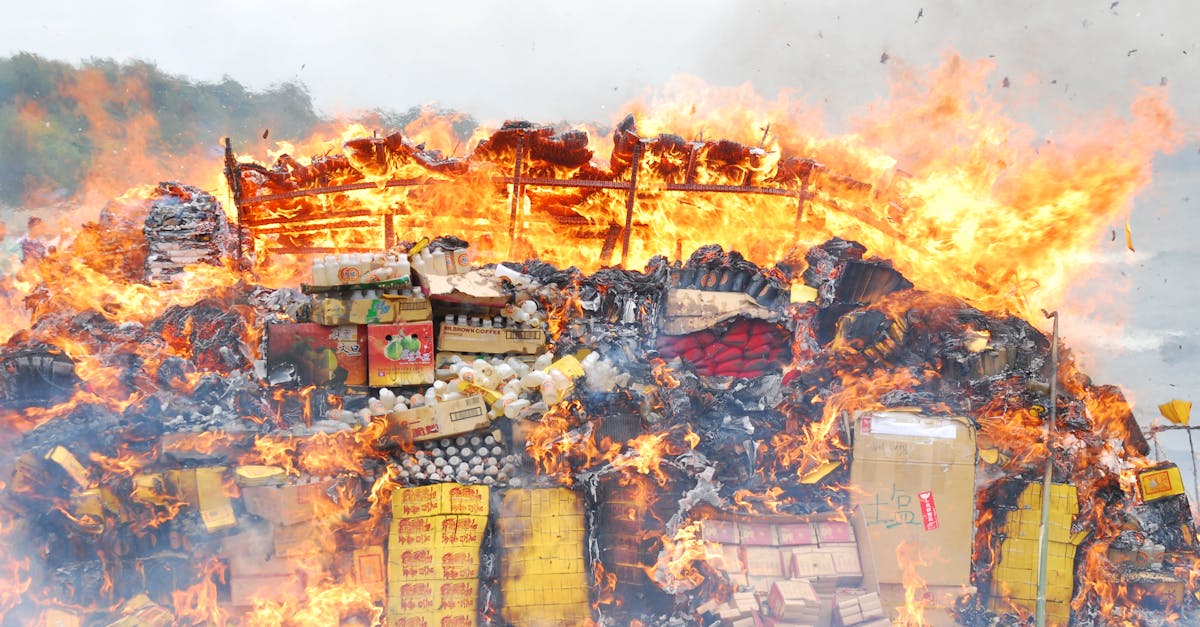Published on:
7 min read
Revolutionizing Waste Management: Sustainable Solutions for a Greener Future
The growing waste crisis poses significant challenges to our planet's health. By embracing innovative waste management solutions, we can create a sustainable future that benefits both the environment and our communities.

The Urgency of Sustainable Waste Management
As global waste production continues to escalate, the urgency for sustainable waste management solutions has never been greater. According to the World Bank, global municipal solid waste generation is expected to reach 3.4 billion tons by 2050. This staggering amount of waste leads to increased pollution, detrimental environmental impact, and public health concerns. To combat these issues, proactive measures such as waste reduction, enhanced recycling systems, and composting initiatives are essential. Cities and communities around the world must prioritize waste management strategies that minimize landfill use and maximize resource recovery to pave the way for a cleaner, healthier environment.
Innovative Technologies Reshaping Waste Management
With advancements in technology, the landscape of waste management is undergoing a revolution. Smart waste bins equipped with sensors can alert waste management teams when they are full, optimizing collection routes and reducing operational costs. Furthermore, artificial intelligence is being utilized to identify and sort recyclables more efficiently, increasing recycling rates while reducing contamination. Innovative recycling technologies such as chemical recycling allow for the transformation of difficult-to-recycle plastics back into raw materials. These smart solutions not only improve efficiency but also engage communities in sustainable practices, creating a collaborative environment focused on reducing waste and preserving resources.
Community Engagement in Waste Reduction
Grassroots movements play a vital role in revolutionizing waste management at the local level. By educating and engaging communities on the importance of reducing, reusing, and recycling, we can cultivate a culture of sustainability. Initiatives such as local clean-up days, community composting programs, and workshops on zero-waste living encourage residents to take ownership of their waste management practices. Schools also contribute by incorporating environmental education into their curricula, inspiring the next generation to prioritize sustainability. By fostering a sense of communal responsibility and collaboration, we can create meaningful change in waste management practices that extend far beyond individual actions.
Conclusion
In conclusion, the time is ripe for us to embrace sustainable waste management solutions that not only alleviate the growing waste crisis but also contribute to a healthier planet. By leveraging technology, engaging communities, and prioritizing innovative strategies, we can pave the way for a greener future. It's a collective effort that requires participation from every sector of society, and the journey begins with each of us making conscious choices today.
Published on .
Share now!










